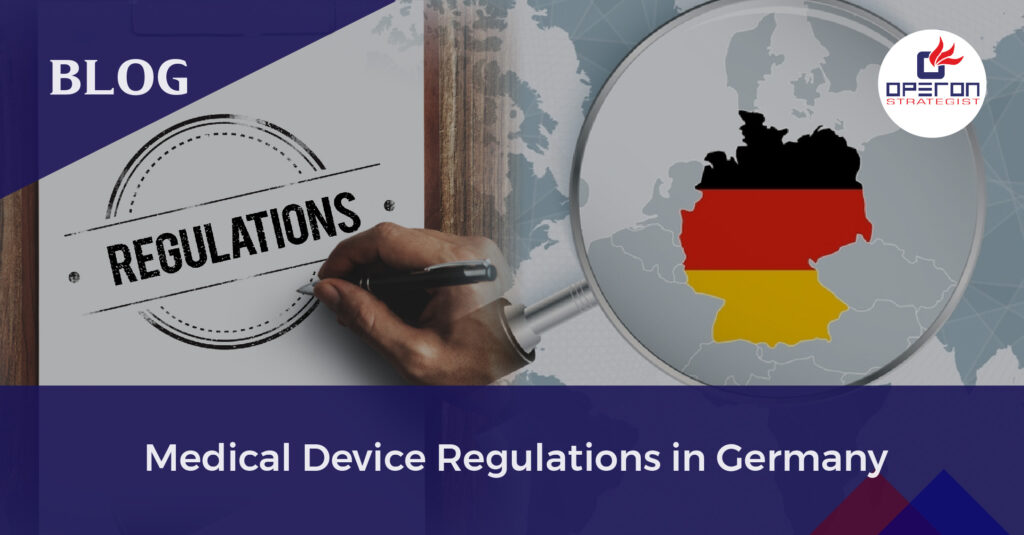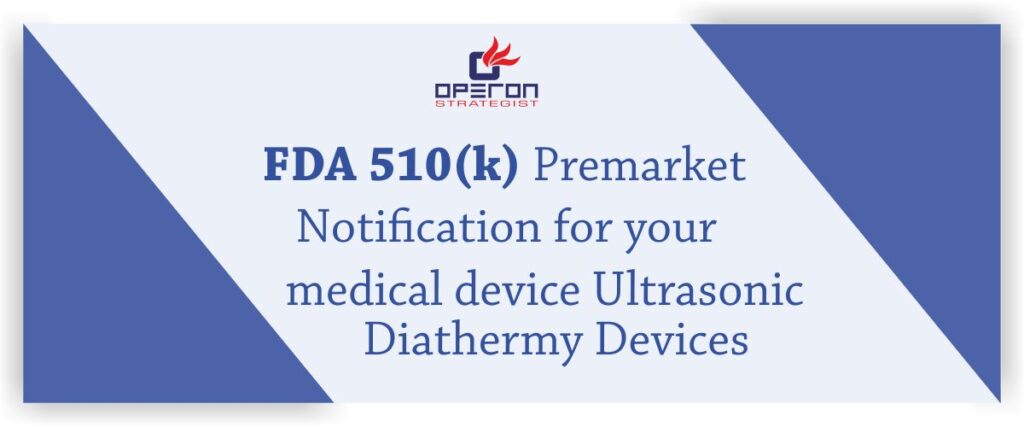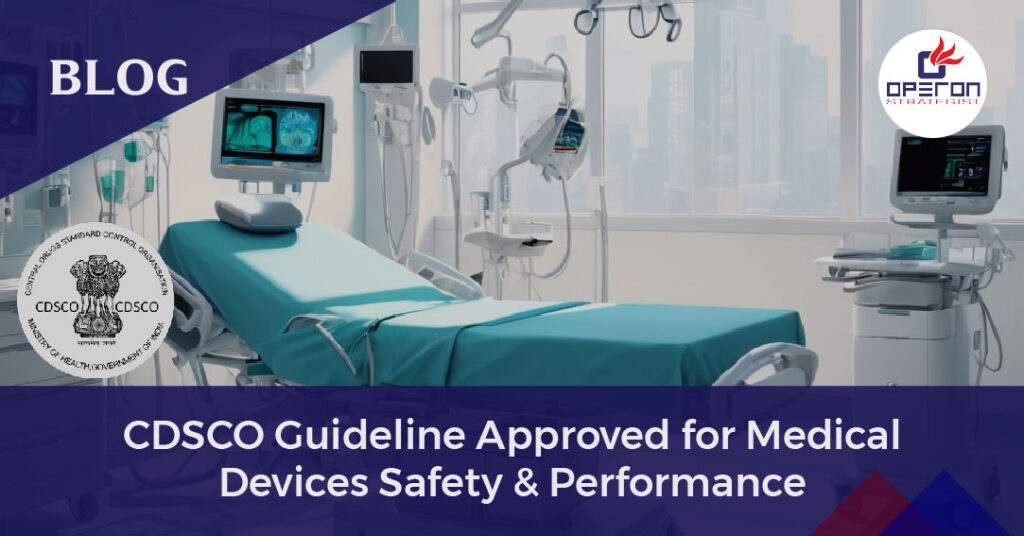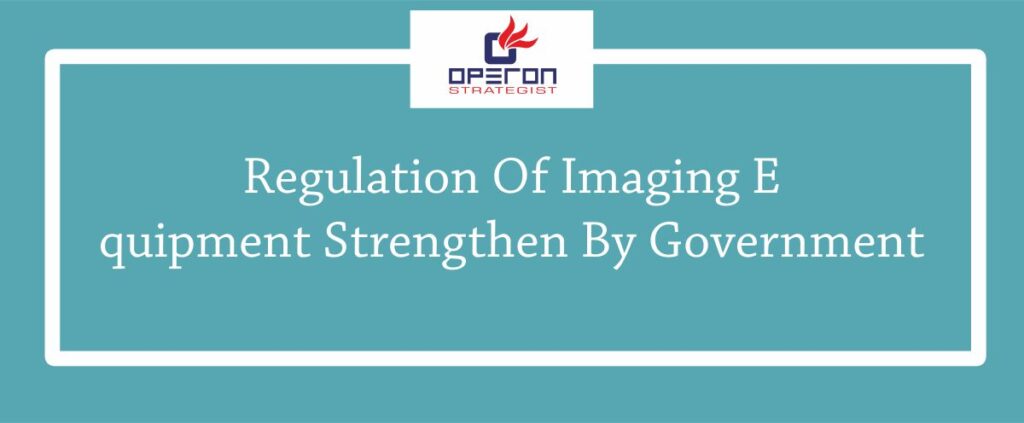Germany's Medical Device Industry
Germany’s medical device sector is the largest in Europe and the third largest in the world, taking up 10.2% of global medical tech production after the US (39.6%) and China (11.1%). In 2015 it reached €27.6bn in sales, €17.6bn of which was in exports.
Germany has a robust regulatory framework for medical devices to ensure patient safety and product efficacy. If Manufacturers intend to market their medical devices in Germany must undergo a thorough registration process. Let’s Understand the key steps and requirements involved in Medical Device Registration in Germany.
Regulatory Authority of Germany
Before diving into the registration process, it’s crucial to familiarize yourself with the German regulatory landscape. The regulatory authority responsible for medical device oversight in Germany is The Federal Institute for Drugs and Medical Devices (in German: Bundesinstitut für Arzneimittel und Medizinprodukte – BfArM). The German Institute of Medical Documentation and Information (DIMDI), an authority within the German Federal Ministry of Health.
They enforce the Medical Devices Act (in German Medizinproduktegesetz – MPG) and the Medical Devices Regulation (MDR), which align with the European Union’s regulations.
BfArM also oversees the clinical investigations of medical devices in Germany. Clinical investigations are conducted to assess the safety and effectiveness of the medical device. They are only required for high-risk devices or if the existing clinical data or clinical evaluation report for a product is inadequate.
Looking for Medical Device Consultants?
What is the Classification of Medical Devices in Germany?
Medical devices are categorized into different classes based on their risk profile. The classification determines the level of scrutiny and conformity assessment procedures required. The four main classes are Class I (lowest risk) to Class III (highest risk).
Medical Devices Classifications in Germany
- Class I
- Class IIa
- Class IIb
- Class III
Which Regulation is Required to Regulate Medical Device in Germany?
Medical Device Regulatory Approval in Germany
- Every single medical device enrolled within the European Union must get CE Mark.
- A CE mark is a widely accepted and known symbol which indicates that the device conforms to all regulations and requirements under the current European Union standards.
- The objective of a CE mark is to save manufacturers time, cost, and effort in preparing and submitting onerous dossiers, separately in 28 different countries.
- With a CE mark, companies can market and sell their products simultaneously in all EU member states whether that is Germany, France or Croatia. However, several EU member countries require some additional requirements before the product can be marketed or sold in that country.
- Additionally, manufacturers must have a Quality Management System (QMS). The most widely accepted QMS is the ISO 13485 certification, which is valid for three years.
Germany is one of the countries in the EU that does require additional requirements outside of the CE mark. BfArM has an electronic portal called DIMDI.
Looking Forward To CE Marking Process For Medical Devices ?
We help you in the process of making a defined and comprehensive technical file with all product details required for CE marking. Contact Us, WhatsApp or you can directly Mail Us On enquiry@operonstrategist.com to get More Details.
Operon Strategist’s Positive Approach to Medical Device Registration in Germany
Operon Strategist has broad experience in medical device regulation, quality & quality affairs. Our specification is the unique integration of a global reach, high-level expertise, and staff with field experience. By using our regulatory guidance, our clients will be able to receive expert answers to their regulatory questions, real-time alerts to regulatory changes happening in countries of their choice, and more!
Save time and resources by leveraging Operon Strategist expertise in:
- Classifying your device accurately based on risk classification.
- Compiling comprehensive technical documentation and clinical evaluations.
- Preparing a robust registration application that meets the regulatory standards.
- Liaising with the competent authorities on your behalf to facilitate a smooth review process.
- Developing and implementing post-market surveillance and vigilance procedures.






